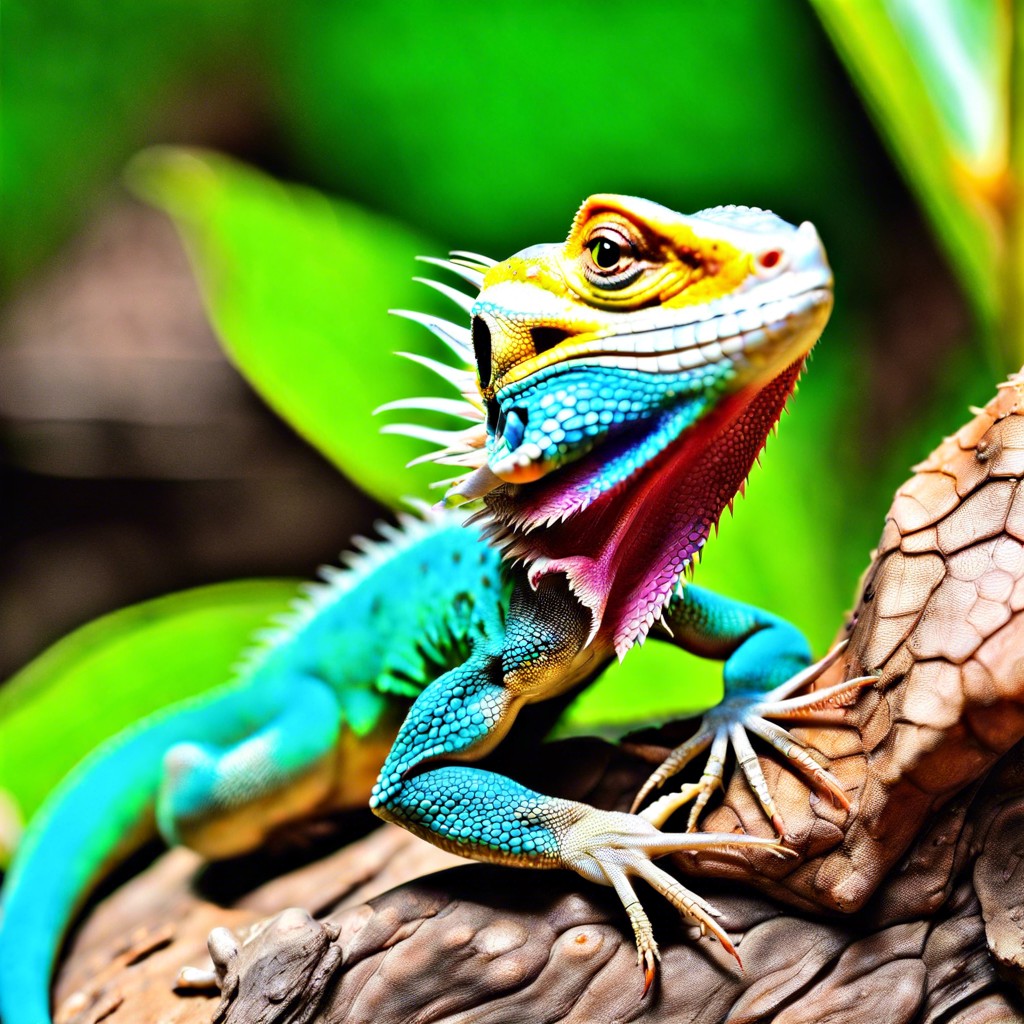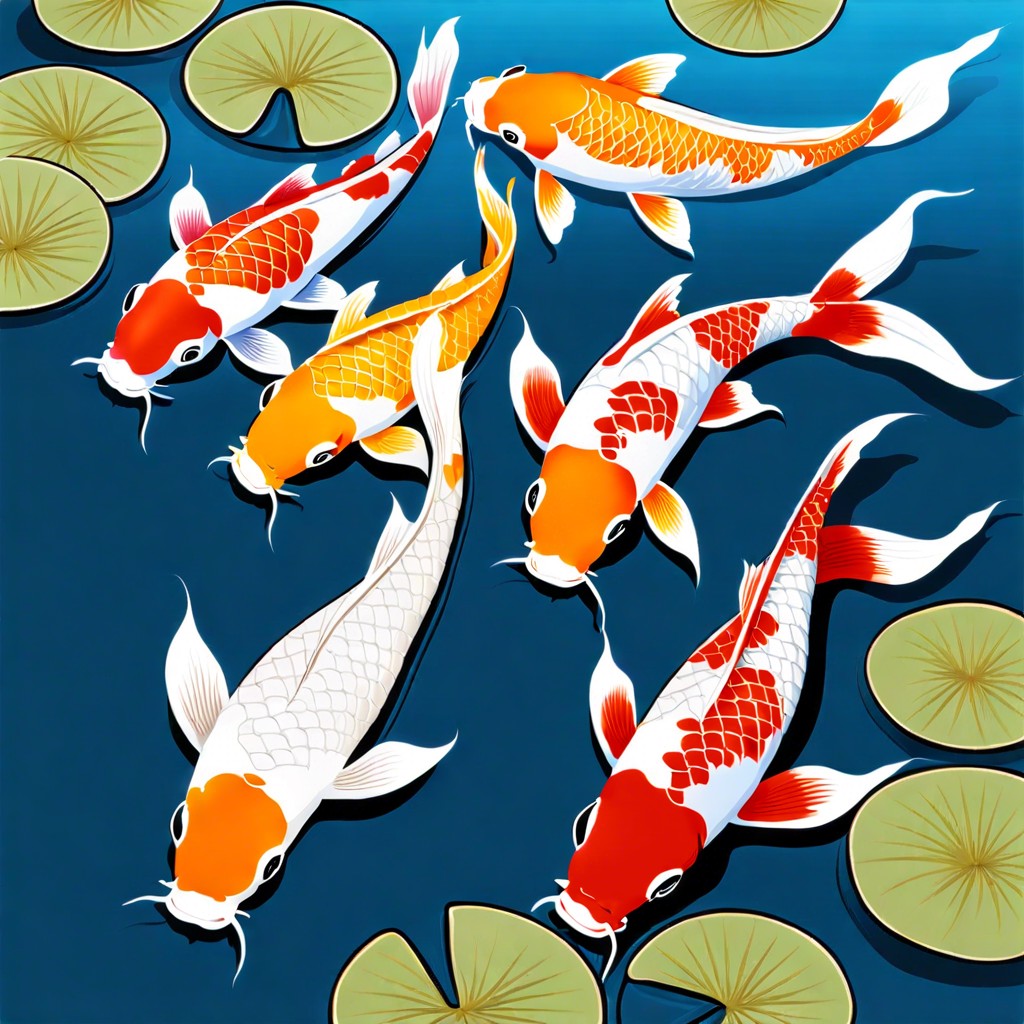Discover the rich spiritual symbolism of the octopus, encompassing themes like transformation, intelligence, and mystery.
The octopus, with its otherworldly appearance and fascinating behavior, captivates the imagination. Delving into its symbolism reveals layers of intelligence, adaptability, and deep emotional currents. Discover how this enigmatic creature embodies mystery, solitude, and profound transformation, and why its essence speaks to our own journeys of wisdom and regeneration. This exploration promises to unravel the hidden depths of what the octopus truly represents.
Key takeaways:
- Octopuses symbolize intelligence and wisdom through problem-solving abilities.
- Their flexibility and adaptability in behavior reflect the importance of adjusting to change.
- Octopuses embody mystery, illusion, and encourage deep introspection.
- Emotional depth and solitude in octopuses encourage self-reflection and growth.
- Octopuses symbolize transformation and regeneration, inspiring renewal and resilience.
Intelligence and Wisdom

Octopuses are renowned for their intelligence, often showcasing problem-solving skills and inventive survival tactics. They can navigate mazes, use tools, and even exhibit playful behavior, all signs of their remarkable cognitive abilities.
Their advanced nervous systems point to a deep-seated wisdom, enabling them to process complex environmental clues rapidly. This translates to a sense of being in touch with one’s inner knowledge and the ability to think beyond the immediate.
Furthermore, their ability to learn through observation rather than just trial and error demonstrates a high level of intellectual adaptability. This mirrors the human concept of gaining wisdom through varied experiences and insights.
Flexibility and Adaptability
The octopus demonstrates remarkable versatility in its physical form and behavior. Its ability to squeeze through tiny spaces and change color highlights its ingenious survival tactics. Each arm operates with a degree of independence, showcasing a sophisticated level of coordination and adaptability in movement. This flexibility extends to its cognitive abilities, allowing the octopus to solve problems and navigate complex environments.
Consider the way an octopus can escape predators by camouflaging itself against the ocean floor or hiding in secluded crevices. This adaptability can symbolize the importance of adjusting to life’s changing circumstances. Just as an octopus can blend into its surroundings to survive, we too can learn to embrace change and find our place in various situations. Adapting with grace and intelligence can lead to innovation and resilience in our own lives.
Mystery and Illusion
Much of what surrounds the octopus involves the unknown and unseen. Its ability to camouflage effortlessly speaks to its connection with the unseen world.
Often moving through the depths of the ocean, the octopus embodies the mysteries below the surface of our consciousness. It encourages us to look beyond the obvious, urging deeper exploration of our inner selves.
The octopus also uses ink to create a smokescreen, a powerful metaphor for evasion and the elusive nature of truth. This ability to mislead predators and quickly change its appearance highlights themes of illusion and deception.
In mythology and folklore, the octopus is often portrayed as a mystical creature, guarding secrets. This adds to its enigmatic aura, attracting those intrigued by life’s mysteries.
Emotional Depth and Solitude
Octopuses, often solitary creatures, can inspire a deep sense of introspection. Their reclusive nature can remind us of the importance of spending time alone to understand ourselves better.
Emotional depth also comes into play with their highly developed nervous systems. This complexity hints at profound, if not somewhat mysterious, emotional capacities. They display a range of behaviors that suggest rich inner lives, such as problem-solving and play.
When an octopus retreats into its den, it symbolizes a sanctuary where one can heal and grow. This act can encourage us to seek our own quiet spaces for emotional rejuvenation. Embracing solitude, as the octopus does, can lead to self-discovery and emotional resilience.
Thus, octopuses not only symbolize complexity but also the value of solitude for personal growth.
Transformation and Regeneration
Octopuses are remarkable for their ability to regenerate lost limbs, symbolizing profound transformation and renewal. This regenerative power can inspire us to view challenges as opportunities for growth and change.
Their ability to change color and texture to blend into their surroundings also signifies adaptability. Embracing our own capacity to transform and adapt can lead to personal growth and resilience.
The octopus’s life cycle, marked by cycles of birth, growth, and rebirth, mirrors the natural cycles of life. Observing these patterns can remind us of the continuous potential for renewal and reinvention in our own lives.





